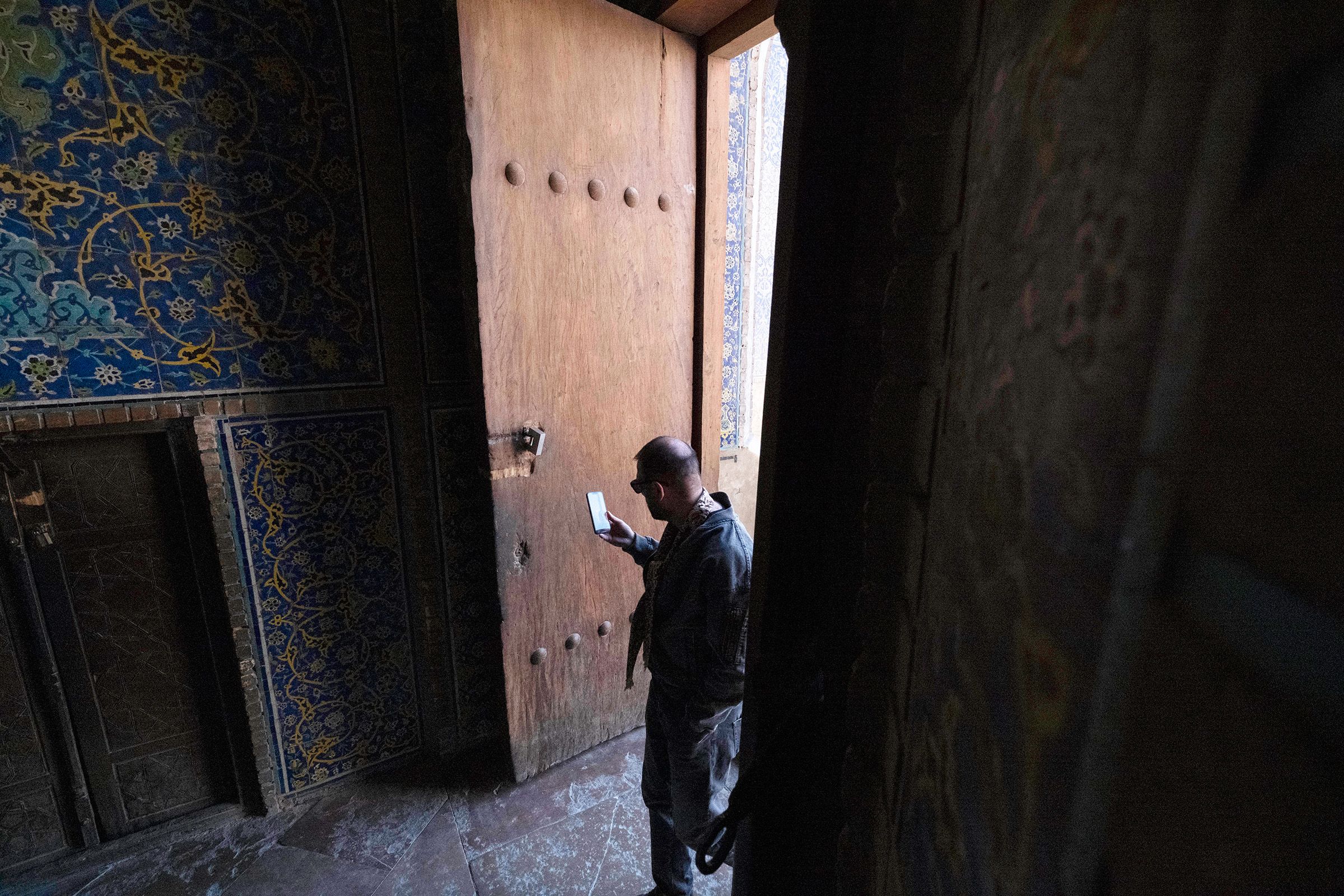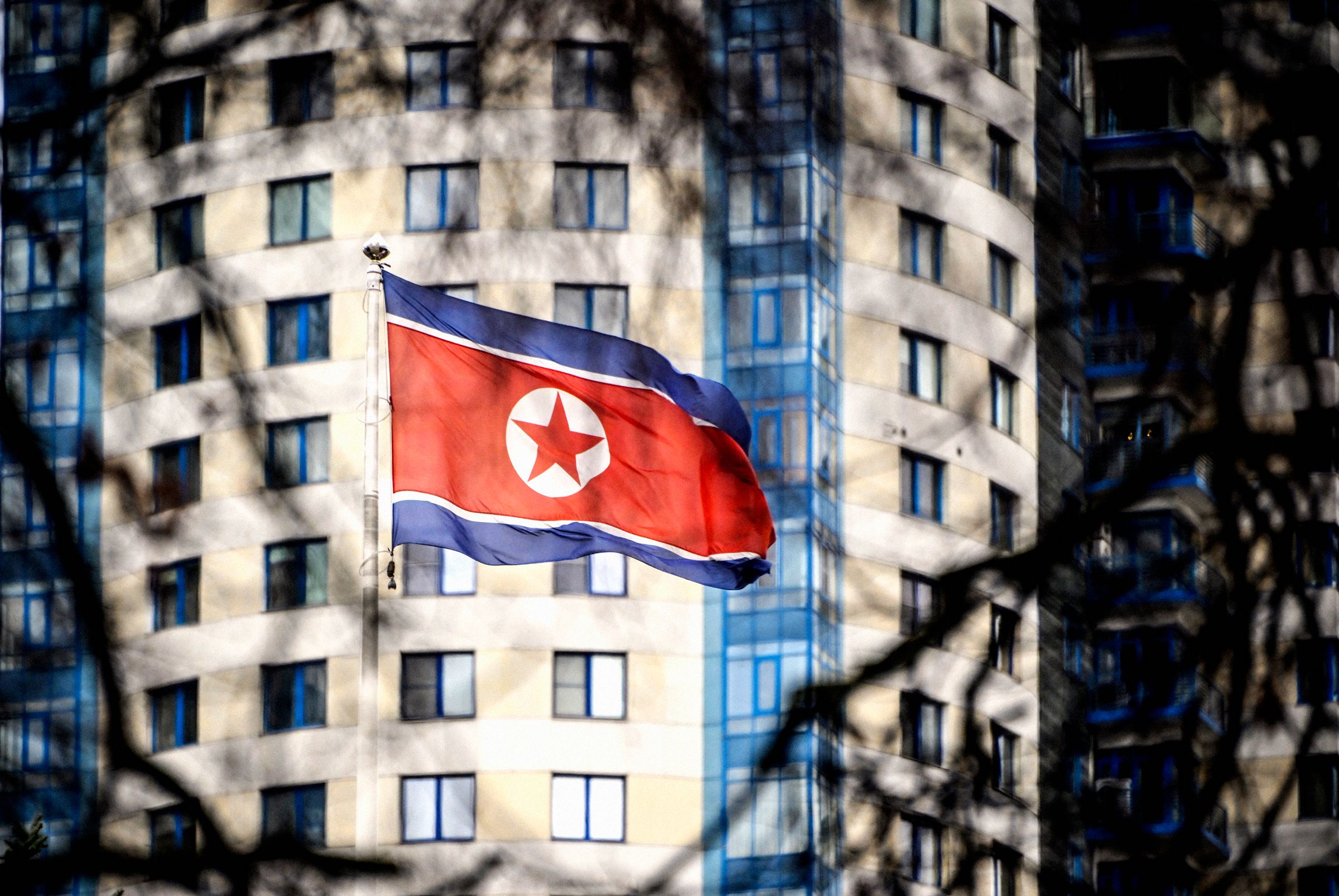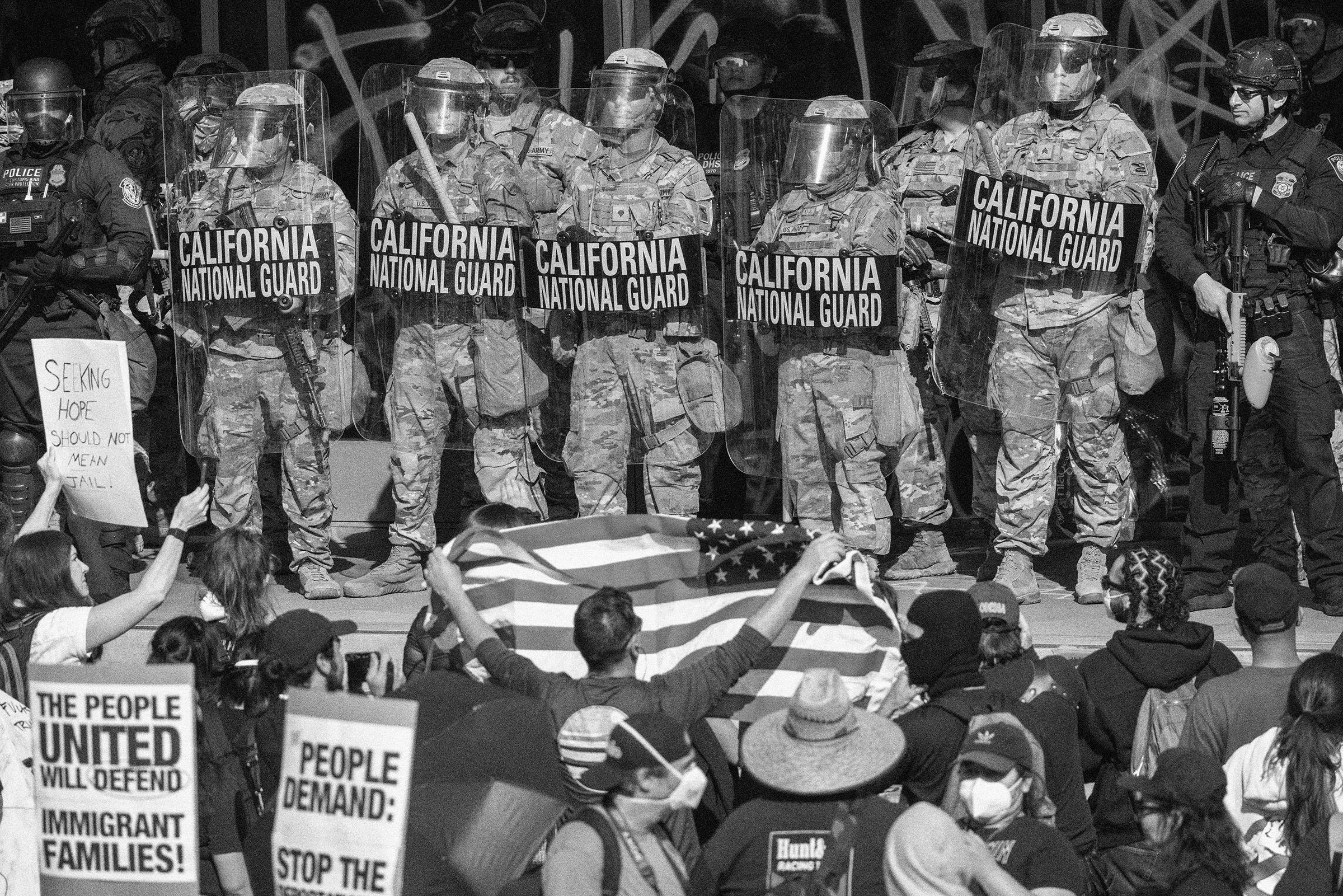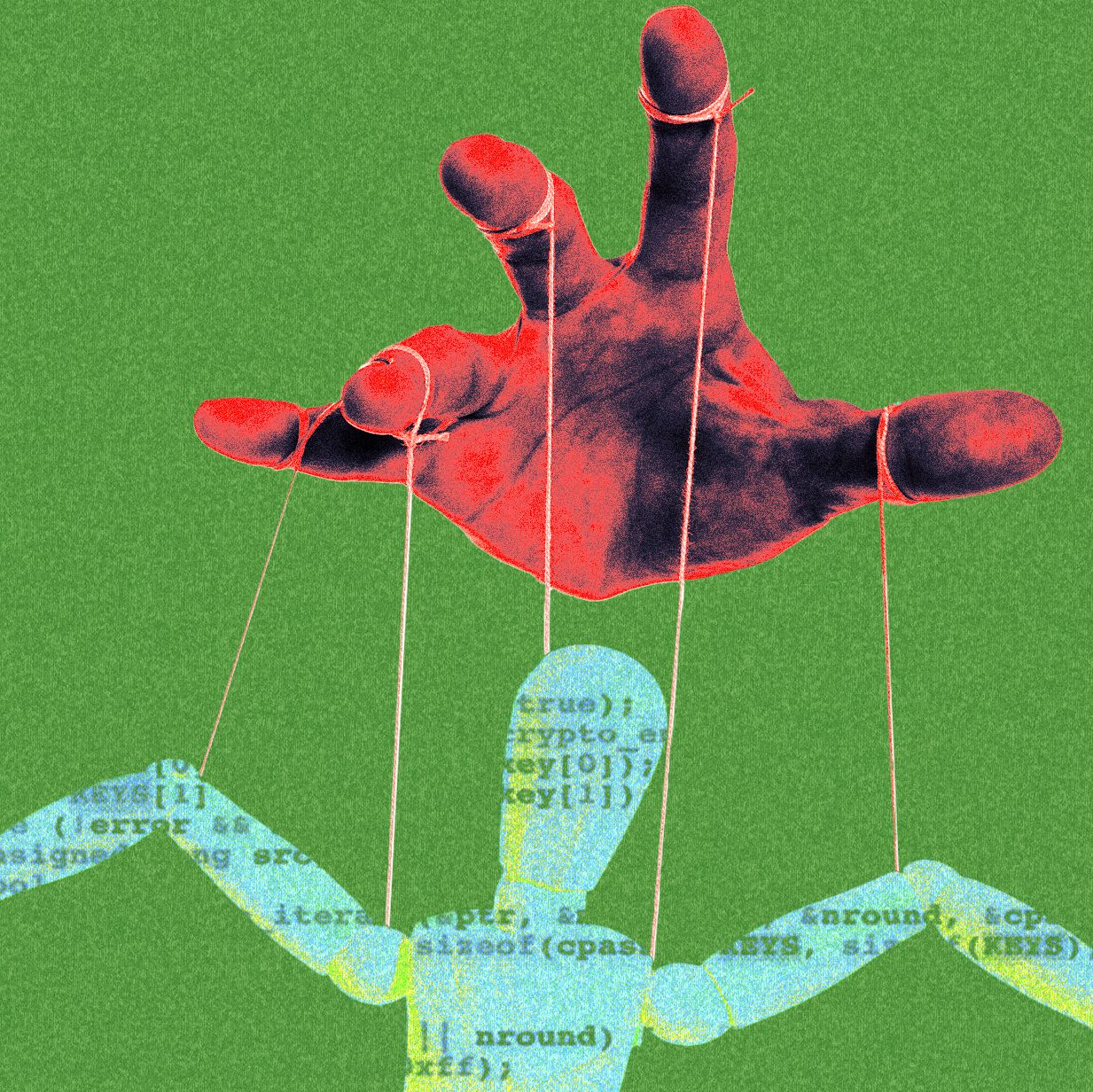Iran’s Internet Blackout Adds New Dangers for Civilians Amid Israeli Bombings
Iran’s Internet Blackout Adds New Dangers for Civilians Amid Israeli Bombings
As tensions escalate in the Middle East, Iran recently implemented a nationwide internet blackout, cutting...

Iran’s Internet Blackout Adds New Dangers for Civilians Amid Israeli Bombings
As tensions escalate in the Middle East, Iran recently implemented a nationwide internet blackout, cutting off communication for millions of its citizens. This blackout comes at a critical time as Israeli bombings continue to target various locations in Iran, putting civilians at risk.
The lack of internet access not only hinders communication between loved ones but also prevents individuals from accessing vital information and resources during a crisis. This blackout adds an additional layer of danger for civilians who are already facing the threat of violence and instability.
Without reliable internet access, people are unable to seek help, coordinate evacuation plans, or stay informed about the ongoing situation. This lack of connectivity isolates individuals and leaves them vulnerable in the face of escalating conflict.
The blackout also raises concerns about government control and censorship, as authorities may be using the internet shutdown as a means to suppress dissent and control the flow of information. This further limits the ability of citizens to have a voice and advocate for their rights.
Human rights organizations have condemned Iran’s internet blackout, citing concerns for the safety and well-being of civilians caught in the crossfire of political and military conflicts. The international community has called for the restoration of internet access to ensure that individuals have the means to communicate and seek assistance during these tumultuous times.
As the situation in Iran continues to unfold, the impact of the internet blackout on civilians becomes increasingly dire. The lack of communication and access to information exacerbates the dangers faced by ordinary citizens who are trying to navigate a complex and volatile environment.
It is crucial for the Iranian government to prioritize the safety and well-being of its citizens by restoring internet access and enabling individuals to reach out for help and support. The international community must also work together to address the root causes of the conflict and ensure that civilians are not left vulnerable and without recourse in times of crisis.
In conclusion, Iran’s internet blackout during the Israeli bombings poses new dangers for civilians, further escalating the risks and challenges faced by ordinary people in a conflict-ridden region. It is imperative for governments and organizations to prioritize the protection and rights of individuals caught in the crossfire and work towards building a safer and more secure future for all.




